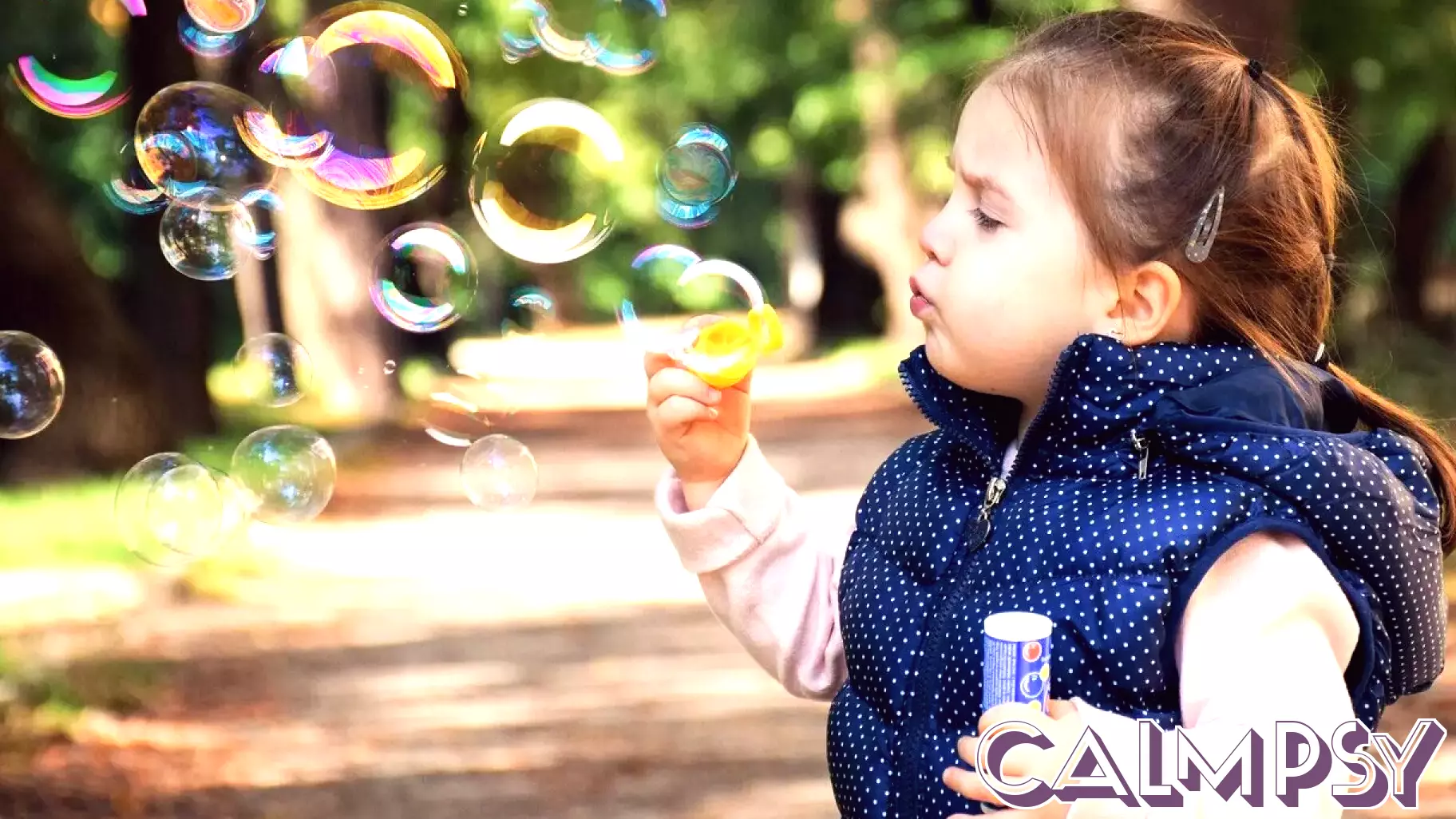Children Absorb Knowledge Even Without Focus, Psychologists Discover
January 17, 2025 - 02:36

Are you a parent or teacher frustrated that the children in your life can't seem to pay attention when you're trying to teach them something? You don't need to be, say psychologists at the University of California, who have made a groundbreaking discovery about how children learn. Their research suggests that children can absorb information even when they appear to be distracted or not fully engaged.
The study indicates that children's brains are constantly processing information from their surroundings, even if they are not actively focusing on a specific task. This means that valuable learning can occur during moments of apparent inattention. The findings challenge traditional views on attention and learning, suggesting that a more relaxed approach to teaching might foster better educational outcomes.
This research is particularly relevant in today's fast-paced, distraction-filled environment. It highlights the importance of creating a stimulating learning atmosphere where children can explore and absorb knowledge in various ways, regardless of their attention levels.
MORE NEWS

March 5, 2026 - 00:34
The Hidden Reason Some Women Find Deep Friendships DifficultFor many women, the challenge of forming lasting, close friendships isn`t a choice or a personality flaw—it`s a learned form of self-protection. Psychological insights suggest that a common root...

March 4, 2026 - 04:57
Childhood Empathy Taught Psychology Grad Student to See the Best in OthersAfter a successful career, Mandy Peterson made the significant decision to return to academia in Northern California to complete her psychology degree. Now a dedicated master’s student, she is...

March 3, 2026 - 14:43
Frontiers | Forms of support giving and receiving, and their associations with self-rated health and general self-efficacy among older adults in SwitzerlandA new study focusing on older adults in Switzerland reveals a significant connection between the exchange of social support and key indicators of well-being. The research specifically examined how...

March 2, 2026 - 19:16
Mother-Daughter Make History at Rutgers’ Psychology SchoolA remarkable family milestone has been reached at Rutgers University, where Inez Phillips Durham and her daughter, Jennifer, have become the first mother-daughter duo to each earn a doctorate from...